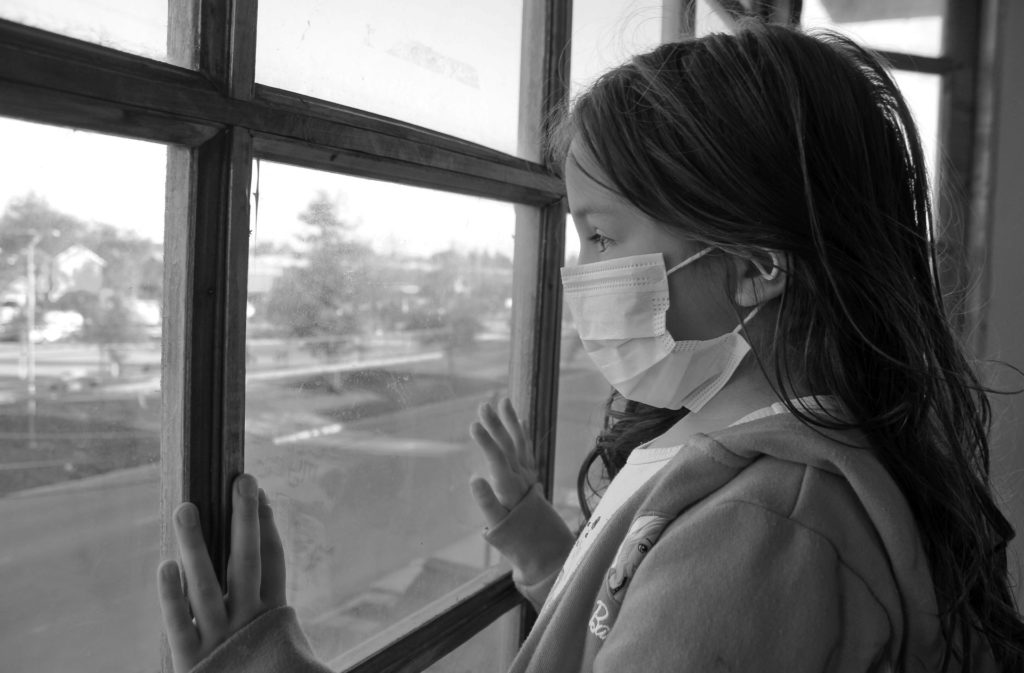
C.D.C. identifies similar syndrome appearing in adults
The Los Angeles County Department of Public Health confirmed Friday that another child has been diagnosed with multisystem inflammatory syndrome in children (MIS-C), a rare but serious condition linked to COVID-19.
All 41 children with MIS-C in L.A. County were hospitalized and 46% of the children were treated in the I.C.U. Of the children with MIS-C, 27% were younger than 5 years old, 39% were between the ages of 5 and 11, and 34% were between the ages of 12 and 20. Latino/Latinx children account for 70% of the reported cases.
There are no reported MIS-C deaths in L.A. County children.
According to the Mayo Clinic, “in children who go on to develop MIS-C, some organs and tissues — such as the heart, lungs, blood vessels, kidneys, digestive system, brain, skin or eyes — become severely inflamed.” Children with the syndrome usually exhibit abdominal pain, vomiting, skin rash, fever, diarrhea, hypotension, and conjunctivitis, according to the Centers for Disease Control (C.D.C). However, a “substantial number” of patients had severe complications including cardiac dysfunction, shock, myocarditis (inflammation of the heart), coronary artery dilatation or aneurysm, and acute kidney damage.
In a report Friday, the C.D.C. identified a new multisystem inflammatory syndrome in adults (MIS-A) similar to MIS-C. The 27 patients identified by the agency had “cardiovascular, gastrointestinal, dermatologic, and neurologic symptoms without severe respiratory illness and concurrently received positive test results for SARS-CoV-2, the virus that causes COVID-19, by polymerase chain reaction (PCR) or antibody assays indicating recent infection.“
Although the majority of MIS-A patients survived, the C.D.C. admits that data is limited and that additional cases may not have been reported or were misclassified as the agency only has a working definition of this “emerging syndrome.”
Like COVID-19 and MIS-C, MIS-A also seems to disproportionately affect Latinx and Black people. “All but one of the patients with MIS-A described in this report belonged to racial or ethnic minority groups,” the C.D.C. wrote.






